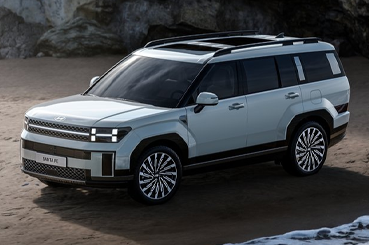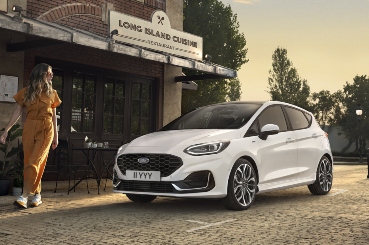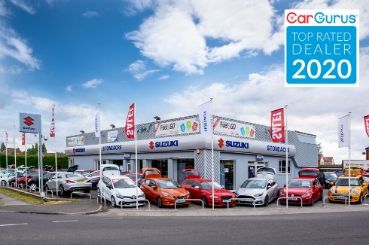Hyundai Motor Company has undergone a remarkable transformation since its inception in 1967. Initially focused on rebuilding South Korea’s post-war economy, the company’s early years were marked by the production of basic, utilitarian vehicles designed for the domestic market. However, Hyundai’s ambitions extended far beyond these humble beginnings.
Through strategic investments in research and development, coupled with a relentless pursuit of quality, the company began to produce vehicles that could compete on a global stage. Today, Hyundai is a recognised leader in the automotive industry, renowned for its stylish designs, advanced technology, and commitment to customer satisfaction.
When Were Hyundai Established?
Founded in 1967, Hyundai Motor Company initially focused on rebuilding South Korea’s post-war economy by producing vehicles for the domestic market. The company’s early models were simple and utilitarian, designed to meet the basic transportation needs of the growing population.
However, Hyundai’s journey to becoming a global automotive powerhouse began in earnest with its partnership with Ford in 1968. The assembly of the Cortina marked a crucial step, providing Hyundai with essential experience in automotive manufacturing. Nevertheless, it was the launch of the Pony in 1975 that truly signalled the company’s arrival as an independent automaker. The Pony, South Korea’s first domestically designed and manufactured car, was a pivotal moment, showcasing Hyundai’s growing engineering capabilities.
This early success laid the foundation for the brand’s subsequent growth and expansion. Hyundai has since evolved into a global automotive giant, exporting its vehicles to over 200 countries. Plus, the company is recognised for its stylish designs, advanced technology, and commitment to customer satisfaction. The brand’s ability to blend affordability with modern features has resonated with a global audience, contributing to its widespread popularity.
With a vast network of production facilities strategically located around the world, the company has been able to tailor its offerings to meet the diverse needs and preferences of consumers in different markets. This strategic approach, combined with a consistent focus on quality, innovation, and value, has propelled Hyundai to the forefront of the automotive industry.
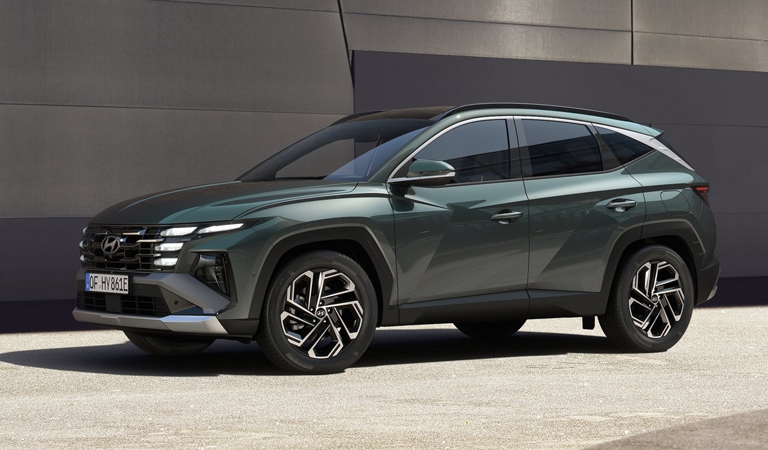
Who Owns Hyundai?
Hyundai is a cornerstone of the Hyundai Motor Group, a South Korean industrial behemoth with a diverse portfolio of businesses. Beyond automobiles, the group also operates in areas such as steel manufacturing, construction, and logistics. This vertical integration provides Hyundai with significant advantages in terms of cost control and supply chain management.
Kia Motors and Genesis, other globally recognised automotive brands, are also under the Hyundai Motor Group umbrella, creating a powerful synergy between the three companies.
Is Hyundai Japanese?
A common misconception is that Hyundai is a Japanese carmaker. However, Hyundai is proudly South Korean. The company’s success story is deeply intertwined with the economic growth and development of South Korea, and it has become a symbol of the country’s industrial prowess.
Where are Hyundai Cars Made?
Hyundai operates a vast global manufacturing network to ensure efficient production and distribution of its vehicles. While South Korea remains a core production hub, the company has established assembly plants in key markets around the world, including the United States, China, India, Europe, and Russia.
Hyundai has been gradually expanding its presence in Europe over the past three decades. In Europe, Hyundai has manufacturing facilities in the Czech Republic and Türkiye. Hyundai Motor Manufacturing Czech (HMMC) is Europe’s most modern production plant, producing 1,500 cars every day. Hyundai Assan Otomotive Sanayi (HAOS) is Hyundai’s longest-operating manufacturing facility outside Korea.
This strategic approach allows Hyundai to adapt to local market preferences, reduce transportation costs, and mitigate risks associated with geopolitical factors.
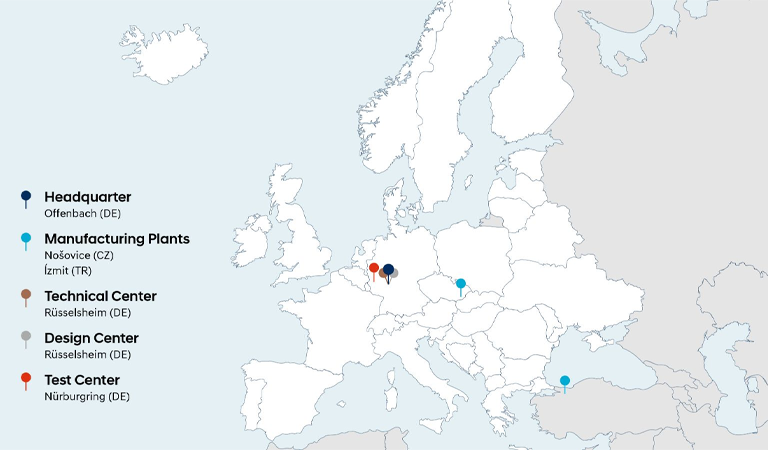
What Does Hyundai Mean?
The name “Hyundai” holds cultural significance. The name encapsulates the company’s philosophy of staying at the forefront of automotive technology and design. Hyundai has consistently positioned itself as a modern and forward-thinking brand by embracing innovation and adapting to changing consumer needs.

What Does the Hyundai Logo Mean?
At first glance, the Hyundai logo appears as a simple, slanted “H.” However, this minimalist design holds deeper symbolism. The tilted “H” represents forward momentum, suggesting a brand that is always moving towards the future.
Beyond its basic form, the logo is subtly designed to resemble two people shaking hands. This imagery reflects Hyundai’s commitment to customer satisfaction and the collaborative spirit that drives the company. It also symbolises the partnership formed between a customer and a salesperson when a vehicle is purchased.
Encompassing the “handshake” is an oval shape, symbolising the global nature of Hyundai. This design element reflects the brand’s reach and ambition to connect with car enthusiasts worldwide.
The Hyundai logo is a prime example of how a seemingly simple design can convey a complex message about a company’s values and aspirations.
How to Pronounce Hyundai?
The correct pronunciation of Hyundai is “HYUN-day.”
Are Hyundai Cars Reliable?
Hyundai has made significant strides in enhancing the quality and reliability of its vehicles. Models like the TUCSON and the SANTA FE have consistently ranked well in the Euro NCAP, achieving 5 stars each.
Through substantial investments in research and development, as well as the implementation of rigorous quality control measures, Hyundai has consistently improved its reputation for producing dependable cars.
While reliability can vary depending on specific models and maintenance practices, Hyundai has generally received positive feedback from owners regarding the durability and longevity of its vehicles.
Electric Cars Made By Hyundai
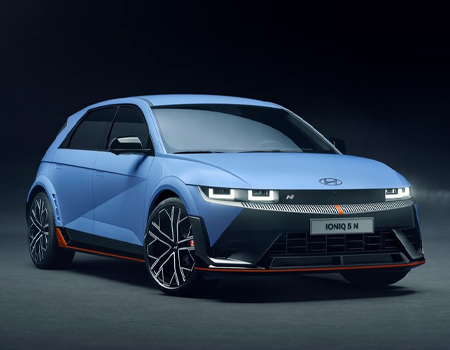
Hyundai has emerged as a leading player in the electric vehicle market. The company’s commitment to sustainability and technological advancement is evident in its expanding range of battery-powered models. Vehicles like the Kona Electric, and IONIQ 6 have garnered praise for their impressive range, stylish design, and advanced features.
Hyundai has also pushed the boundaries of electric performance with the IONIQ 5 N, which boasts a dual motor setup and groundbreaking features like artificial sound technology, designed to mimic the exhilarating experience of a traditional high-performance car. This model exemplifies Hyundai’s commitment to creating electric vehicles that not only are environmentally friendly but also deliver an exciting and engaging driving experience.
Hyundai’s goal is to offer a diverse range of electric vehicles to meet the needs of different consumers and contribute to a more sustainable future.
Hyundai’s journey from a small domestic automaker to a global industry leader is a testament to its commitment to innovation, quality, and customer satisfaction. With a focus on producing reliable, stylish, and technologically advanced vehicles, Hyundai has captured the hearts of drivers worldwide.
From the iconic Pony to the cutting-edge IONIQ 5, the brand offers a diverse range of models to suit various lifestyles and preferences. As Hyundai continues to expand its electric vehicle lineup and explore new frontiers in automotive technology, it is clear that the company is poised to remain a dominant force in the industry for years to come.
